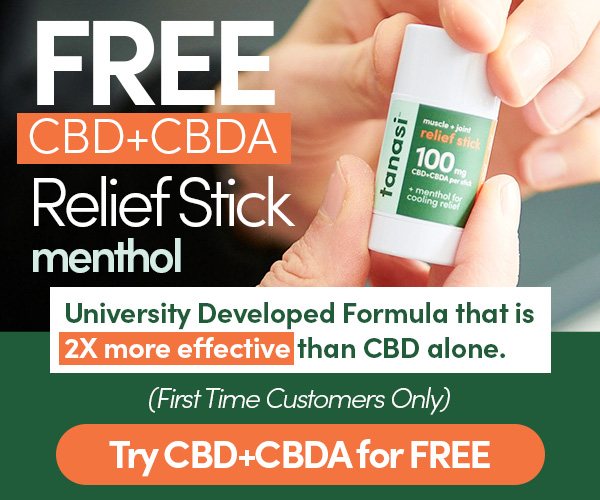The Recommended CBD Dosage is the Guide to Optimal CBD Effects
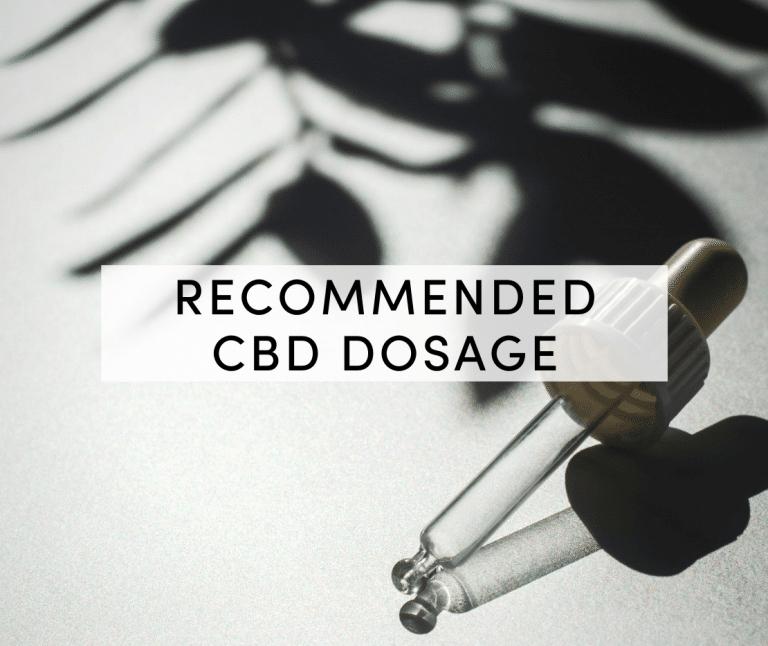
Posted on September 20th, 2022
Are you wondering about the recommended CBD dosage for your condition? If so, you have come to the right place. CBD is available in a wide variety of forms, and the recommended CBD dosage may vary depending on the form you are using and the condition you are trying to treat. To date, the FDA has approved only one product containing cannabidiol called Epidiolex. It treats children with severe types of epilepsy such as Dravet syndrome and Lennox-Gastaut syndrome. The majority of CBD products contain the dosage on their labels. The best person to recommend the right CBD dosage for you is your healthcare provider since he or she knows your medical history and current medications. This article provides information on the importance of consuming the right CBD dosage when treating your specific condition.
What is a Recommended Dosage?
The recommended or prescribed daily dose (PDD) is the usual dose of a certain medication that is calculated by looking at a group of prescriptions for the medication in question. The PDD should be related to the condition or illness that is being treated. It is the average daily amount of a drug that is actually prescribed for a specific condition or illness.
Why Do We Establish Them?
The proper dosage range is there to guarantee the maximum benefits and minimum risk of adverse effects in the patient by consuming the drug. This range is jointly determined by the Food and Drug Administration and the manufacturer of the drug. It is usually based on the human clinical trial experience with the medication. For example, Alzheimer’s is caused by the excessive accumulation of beta-amyloid in the brain of the patient. A drug or medication that inhibits the excess production of this protein in the brain can help prevent the disease.
Researchers determine the right dosage for any potential drug by finding an amount that inhibits excess beta-amyloid production without causing too many side effects in the process. That is why dose establishment is so important. Without a recommended dose, patients can take too much of the drug and experience various side effects in the process.
 Maximum Tolerated Dosage
Maximum Tolerated Dosage
The maximum tolerated dose (MTD) of a drug is the highest dosage a patient can take without experiencing unacceptable side effects. This value is determined by conducting clinical trials on different groups of patients to find the highest dosage with acceptable side effects. The importance of MTD is to maximize the likelihood of detecting any chronic disease effects of a drug. Using a high dose also increases the statistical likelihood of detecting the intrinsic hazards of certain drugs.
Exceeding the Maximum Tolerated Dosage
Exceeding the maximum tolerated dosage of a drug regularly isn’t the best thing to do. Adverse side effects can result from such actions. Some medications can be poisonous to the human body in large doses. The balance of effectiveness versus side effects is the concept behind recommending a maximum dose for a certain medication. Dosage requirements of a certain medication might be different for children and adults. More severe illnesses may require higher doses of the same drug. For example, you may require a higher dose of painkillers to treat rheumatoid arthritis compared to a tension headache.
Overdosing has become a big problem with certain medications. It is important that you always read medication labels carefully to take the medication as prescribed by your healthcare provider. Keep all medications in original packaging and safe places. Make sure you inform the doctor of a previous overdose. If symptoms develop after taking too much of a certain medication, you need immediate medical attention. Luckily the recommended CBD dosage has a very wide, safe range.
What are Cannabinoids?
Cannabinoids are a diverse set of chemical compounds that bind to special receptors in the human body. Cannabinoids, receptors, and certain enzymes make up the endocannabinoid system or ECS. The cannabinoids that the human naturally produces are endocannabinoids. On the other hand, the ones that plants produce are phytocannabinoids. The cannabis plant has more than 100 cannabinoids including THC and CBD. These compounds mimic the effects of endocannabinoids in the body. They affect the CB1 and CB2 receptors in the central nervous system and provide various effects on the body.
Scientists have found over 100 cannabinoids in the cannabis plant. Tetrahydrocannabinol (THC) and cannabidiol (CBD) are the most prevalent cannabinoids in the plant. They are present in resin glands or trichomes on the leaves and flowers of the cannabis plant. The amount of resin and its cannabinoid content varies depending on the growing conditions, plant gender, and harvesting times. The chemical stability of cannabinoids in the plant can change depending on moisture, light, temperature, and storage.
THC is illegal for recreational and medicinal purposes in most states unless you obtain a license for medical marijuana. On the other hand, CBD is federally legal. CBD has numerous health benefits and is one of the most popular alternative supplements to treat various conditions.
What is CBD?
Cannabidiol or CBD is a natural compound in the hemp plant. The plant contains over 100 cannabinoids and CBD makes up about 40% of some extracts from the hemp plant. CBD may be beneficial to your health and well-being because it doesn’t produce the psychoactive properties of THC. In other words, it doesn’t make a person high when they use it. Hemp and marijuana are two varieties of the cannabis plant.
They are not the same because marijuana has a higher THC content while hemp has a higher CBD content. CBD from industrial hemp contains trace amounts of THC (less than 0.3%) and is federally legal in the U.S. On the other hand, marijuana has more than 0.3% THC and is federally illegal in the U.S. as well as many states. One needs to obtain a license to use marijuana as a medical substance. Though CBD is legal and safe, it is still most effective when you adhere to the recommended CBD dosage.
How Does CBD Work?
You need to understand how the endocannabinoid system (ECS) works to understand the health benefits of CBD. The ECS represents a network of neurotransmitters that mediate various functions in the human body. It mediates reactions to stress, inflammation, and pain in our bodies. The endocannabinoid system plays a crucial role in regulating a wide range of physiological processes. These affect mood, energy levels, immune functions, digestive functions, bone density, blood pressure, glucose metabolism, and how a person experiences pain and inflammation. CBD interacts with CB1 and CB2 receptors in the endocannabinoid network to help the body manage stressors and promote homeostasis. It helps a person to achieve a better sense of well-being and balance over time.
 Recommended CBD Dosage
Recommended CBD Dosage
Figuring the right CBD dosage is crucial to achieving maximum benefits over time. The optimal dosage may vary from one person to another. The physical condition, weight, genetics, diet, activeness, and body chemistry of each person are different and will affect how your body handles CBD. On the other hand, the severity of the issue at hand also plays a part in deciding the right CBD dosage.
The CBD dosage calculator method is the most effective way to find the optimal CBD dose for you. All you need to do is:
. Know the recommended starting dosage depending on your weight and severity of your condition
. Check the serving size of your CBD product – such as the number of drops per serving
. Check the amount of CBD per serving
. Know the amount of CBD in each drop
. Now you can calculate how many drops you need
Exceeding Recommended CBD Dosage
One of the great things about cannabidiol is that even in extremely high amounts, studies show that it is safe. The dosage that would cause truly adverse effects is nearly impossible to achieve. Even The World Health Organization has officially deemed CBD to be a safe substance. Of course, you should always start with the recommendation on your product’s packaging. Nevertheless, overdosing on CBD is extremely hard to do and not truly life-threatening if it occurs. If you do take a very large amount of CBD at once, the most likely side effects will be diarrhea and drowsiness.
Lower Doses
A lower dose may not provide the necessary health benefits while a higher dose taken regularly may have numerous side effects. Some of the side effects include anxiety, dizziness, changes in mood, changes in appetite, diarrhea, nausea, drowsiness, birth defects, and more. One interesting thing researchers have noticed is that lower CBD doses tend to have an energizing effect. This is surprising considering higher doses tend to have the opposite effect.
Will CBD Get You High?
CBD from industrial hemp won’t get you high because it contains less than 0.3% THC. Hemp CBD is legal in the U.S. and most other states. But CBD can get you high if it comes from marijuana. Marijuana contains more THC and less CBD. In fact, CBD products from marijuana usually contain more than 0.3% THC and are illegal in the U.S. and most other states.
Conclusion: Recommended CBD Dosage
Have you been confused about the recommended CBD dose for your specific issues? Hopefully this article provided some clarity on the subject. Finding the optimal CBD dose for your specific needs is important for best effect and to avoid side effects. The most important takeaways are that you should always refer to the packaging of your specific product for the right dose. Every product has different concentrations of CBD and works differently. Look into the bioavailability of certain types of CBD products to better understand why CBD concentrations vary so drastically.

Related Posts in CBD Dose
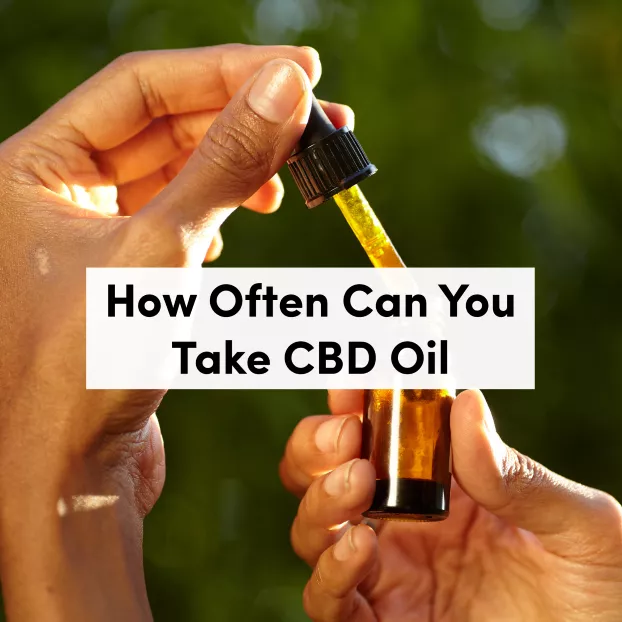
Aug 30 2024
How Often Should I Take CBD for Different Conditions?
Read More →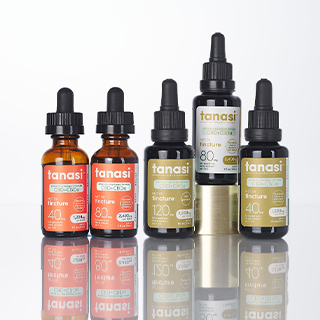
Jun 15 2023
The CBDA + CBD Calculator Method – Find Your Optimal CBD Dosage
Read More →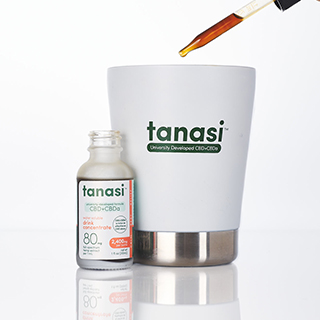
Jun 2 2023
Determining CBDa and CBD Dosage For You
Read More →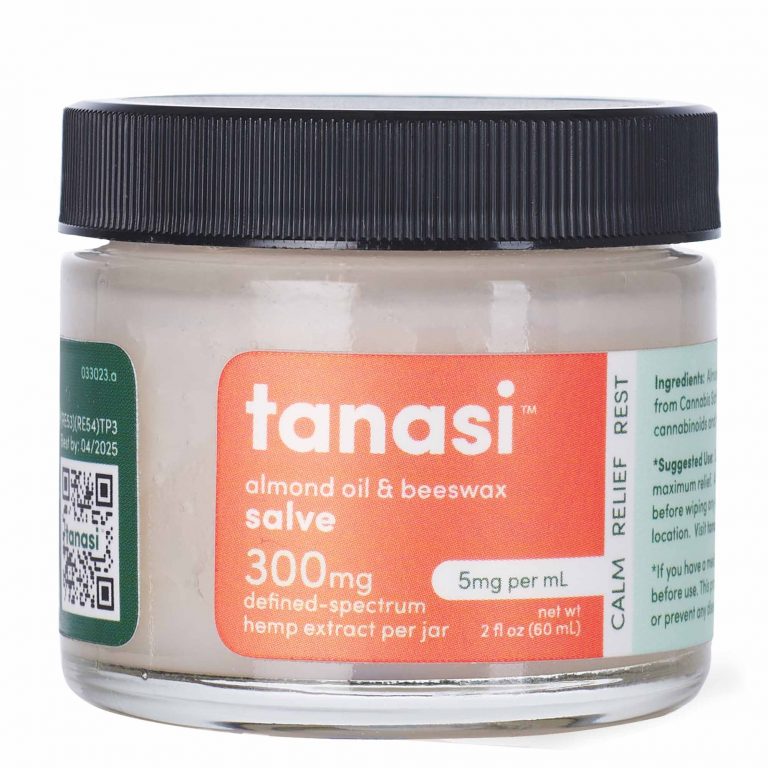
May 4 2023
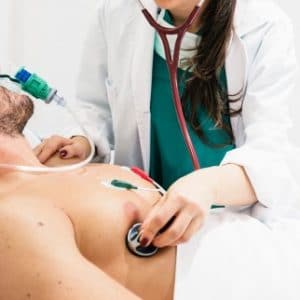 Maximum Tolerated Dosage
Maximum Tolerated Dosage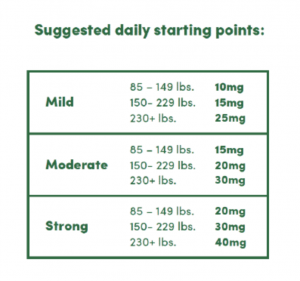 Recommended CBD Dosage
Recommended CBD Dosage